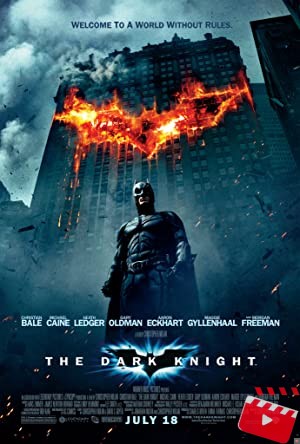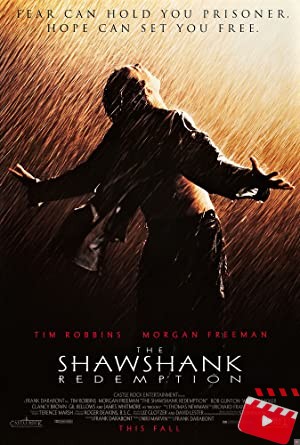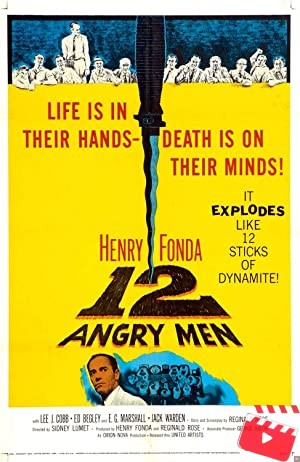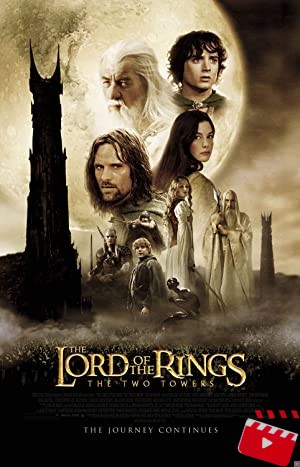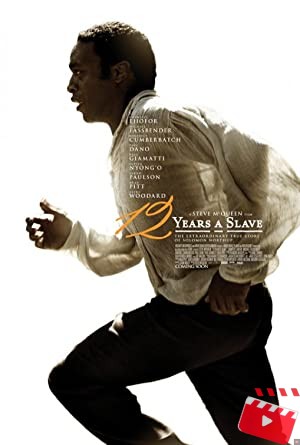
Judgment at Nuremberg is a powerful and thought-provoking movie that tells the story of the trials of several high-ranking German officials after the end of World War II. The film explores themes of justice, morality, and humanity in the wake of one of the darkest periods in history.
The casting of this movie is outstanding, with an all-star lineup that includes Spencer Tracy, Burt Lancaster, Richard Widmark, and Marlene Dietrich. All of these actors deliver powerful and nuanced performances that bring their characters to life and add depth and complexity to the story.
The film’s direction and cinematography are also noteworthy, with stunning visuals that capture the starkness and severity of the post-war landscape. The script is equally impressive, with sharp dialogue that highlights the tension and emotion of the trials.
What makes Judgment at Nuremberg so compelling, however, is its willingness to tackle difficult and uncomfortable questions about justice, morality, and the responsibility of individuals in times of war. The film asks tough questions about the role of the judiciary in prosecuting war crimes, and the culpability of ordinary citizens who may have turned a blind eye to the atrocities committed by their government.
Overall, I would highly recommend Judgment at Nuremberg to anyone who is interested in history, politics, or human nature. It is a movie that will challenge your thinking and stir your emotions, and leave you with a deeper appreciation for the complex and sometimes troubling realities of the world we live in.
Lesson about Judgment at Nuremberg
The movie Judgment at Nuremberg 1961 teaches us about the importance of holding individuals accountable for their actions, even in times of war.
The Best of Judgment at Nuremberg
- 1. Accurate historical portrayal: The movie Judgment at Nuremberg, released in 1961, is a powerful and accurate depiction of the historical events that took place in the aftermath of World War II. The film captures the mood and atmosphere of the Nuremberg trials that took place in Germany, where leading figures of the Nazi regime were tried for war crimes and crimes against humanity. The movie depicts the legal, moral, and ethical complexity involved in prosecuting and judging the perpetrators of such heinous crimes.
- 2. A stellar cast performance: The movie features an impressive cast of actors who deliver outstanding performances, including Spencer Tracy, Maximilian Schell, Burt Lancaster, Marlene Dietrich, and Montgomery Clift. Each actor brings their unique talents and skills to the film, adding depth and nuance to their respective characters. Spencer Tracy‘s portrayal of a judge grappling with legal and moral dilemmas is particularly noteworthy, earning him an Academy Award nomination for Best Actor.
- 3. A poignant and timely message: Judgment at Nuremberg is a powerful commentary on the nature of justice, the human capacity for evil, and the need for morality and ethics in times of war and conflict. The film raises important questions about the role of the law in society, the accountability of leaders, and the need for individual responsibility in the face of atrocities. The movie’s message remains as poignant and relevant today as it did over six decades ago when it was first released.
Week points of Judgment at Nuremberg
- 1. Limited focus on the individual experiences of the victims: While the film tries to provide an overview of the atrocities committed by Nazis during the Nuremberg trials, it does not effectively showcase the individual experiences of the victims. The movie rather tends to concentrate more on how the trials impacted the lives of the judges and lawyers.
- 2. Overdependence on courtroom scenes: The film relies heavily on showcasing the courtroom scenes which can sometimes be monotonous and lack emotional depth. This makes the film a bit predictable and less engaging for the viewers.
- 3. Simplistic portrayal of complex issues: The movie presents complicated historical events and moral issues in a simplistic, black-and-white manner, without having to take into account the intricacies that were involved in the post-war period. This approach might make the movie easier to follow, but it comes at the cost of accuracy, which some historians might find unsettling.
Technical details of Judgment at Nuremberg
| Title | Judgment at Nuremberg |
|---|---|
| Year | 1961 |
| Rated | Approved |
| Released | 18 Dec 1961 |
| Runtime | 179 min |
| Genre | Drama, War |
| Director | Stanley Kramer |
| Writer | Abby Mann, Montgomery Clift |
| Actors | Spencer Tracy, Burt Lancaster, Richard Widmark |
| Plot | It has been three years since the most important Nazi leaders had already been tried. This trial is about 4 judges who used their offices to conduct Nazi sterilization and cleansing policies. Retired American judge, Dan Haywood has a daunting task ahead of him. The Cold War is heating up and no one wants any more trials as Germany, and Allied governments, want to forget the past. But is that the right thing to do is the question that the tribunal must decide. |
| Country | United States |
| Awards | Won 2 Oscars. 16 wins & 25 nominations total |

